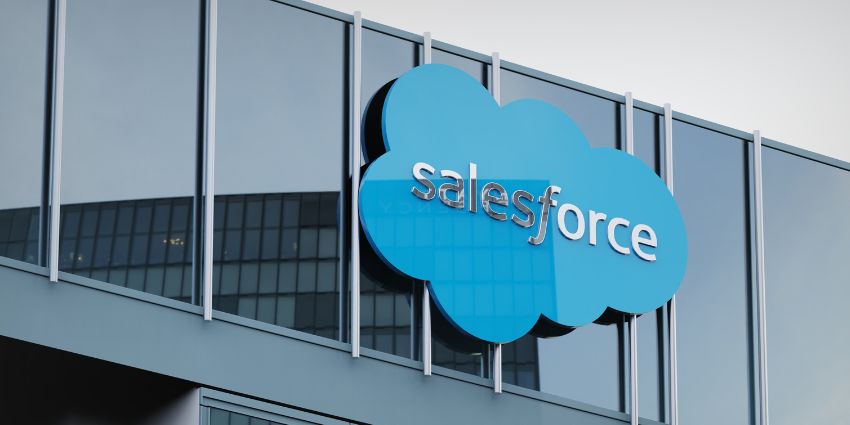Salesforce has been in the spotlight over the last week.
This is not due to the typical announcements, acquisitions, or eye-raising remarks from its CEO, Marc Benioff, but because of its decision to block competitors from using Slack data.
In a nutshell, Salesforce announced plans to restrict other software firms from searching or storing Slack messages.
The Information, which first broke the news, reported that the Salesforce-owned workplace messaging app recently changed its terms and services.
A Salesforce spokesperson explained the decision, stating:
As AI raises critical considerations around how customer data is handled, we’re committed to delivering AI and data services in a thoughtful and transparent way.
The vendor also claimed it was “reinforcing safeguards around how data accessed via Slack APIs can be stored, used, and shared.”
However, it has opened up a whole can of worms, as third-party AI applications that utilize Slack will not be able to index, copy, or store data through the APIs on a long-term basis.
Salesforce Is Part of a Growing Industry Trend
While Salesforce has caught some flak from its announcement, in the interest of fairness, it isn’t the only party that has been guilty of deploying this tactic.
SAP and Meta have also been caught making similar moves in recent times, with the latter’s API restrictions landing them in antitrust hot water.
The former, on the other hand, is currently being sued by Celonis for allegedly blocking the software company’s tool from extracting customer data from SAP applications.
SAP has agreed to a temporary arrangement that allows Celonis to continue using its data extractor without interference or additional charges during the ongoing lawsuit.
However, the broader antitrust concerns remain unsettled.
A Strange Trend Is Emerging Here, But Why?
Simply put, this direction prevents startups from building on top of their systems of record, which keeps them dependent on the likes of Salesforce and SAP for their AI products.
Given the transparency of these actions, the industry has been quick to condemn these tech titans.
Nicole Anderson, CEO and Co-founder at Redsand, took to LinkedIn to express her concerns, writing:
“Let’s be honest, it’s also about who controls access to enterprise data in the AI era.
Here’s the catch: You still generate the data, you still pay for the platform, but now, you can’t use your own data with the AI tools of your choosing.
Meanwhile, Tony Stanhope, Founder of Granite Data Pro, was also clearly unimpressed with Salesforce’s decision.
“Exporting a year of Slack data could take months. A full archive? Over a year,” he wrote.
“Anyone trying to build internal copilots or AI tools using Slack data? Now blocked, or at the very least, severely constrained.”
The core takeaway appears to be that this isn’t about data privacy – it’s a calculated move to strengthen control.
Salesforce appears to be reinforcing its hold on data access just as AI-driven media adoption gains momentum.






